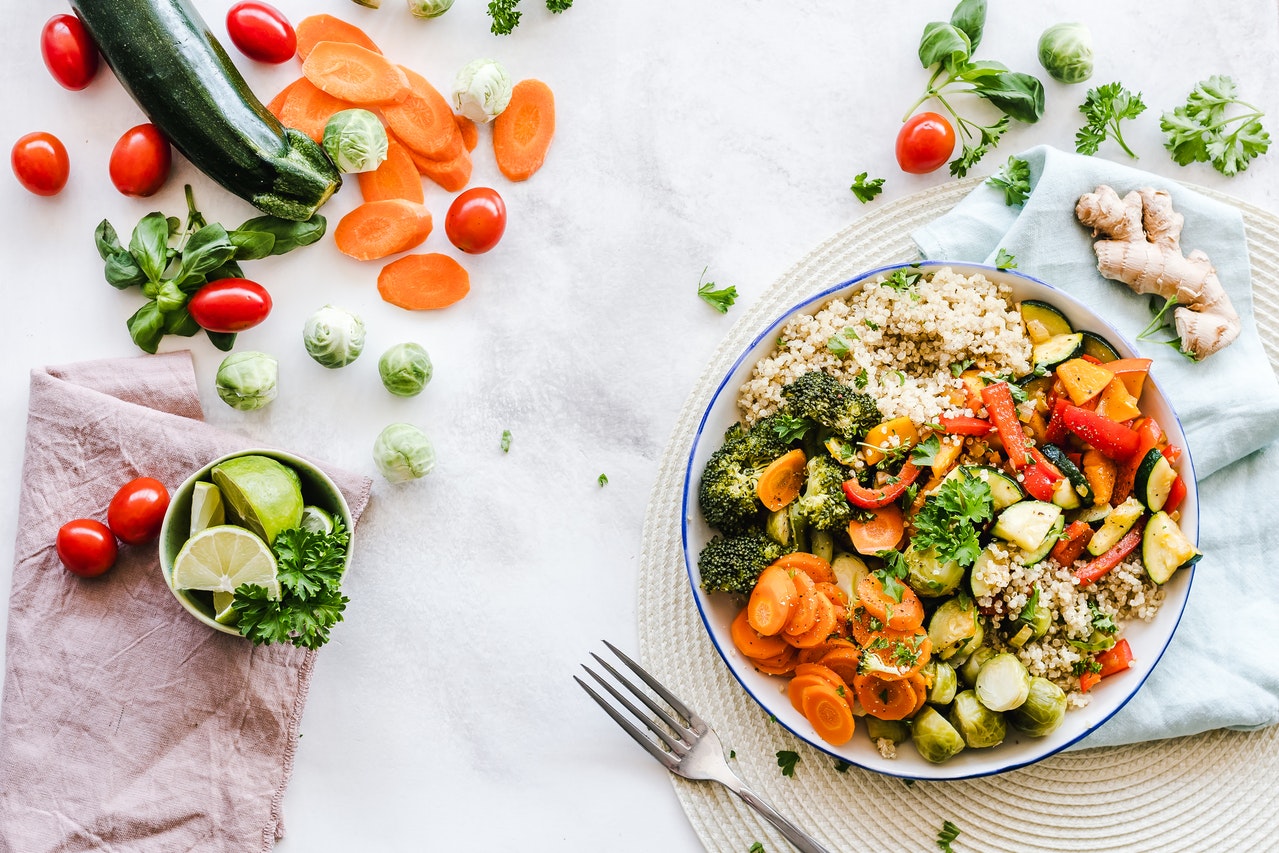Your lifestyle and dietary choices can have huge impacts on how well your immune system operates and can protect you from germs, viruses and potential diseases. Feeding your body with the right foods, ensuring you get plenty of rest and getting ample amounts of sunshine can all help your immune system during the winter months, but there are plenty of other easy ways in which you can boost your immune system.
In order to keep your immune system and body in top health this winter, here are 3 ways you can boost your immune system this winter.
Get Plenty of Sleep
During the winter months, our sleep patterns can be hugely disrupted. The longer, dark evenings and miserable weather can all make us feel more sleepy during the day and then more alert at night, meaning you’re not getting nearly as much sleep as you should be.
You might notice that when you’re feeling tired and run down, you’re more likely to catch colds or other common illnesses. Studies have shown that individuals who are more rested and then received the flu jab went on to develop stronger protection against the virus.
Not getting enough sleep can lead to your body producing higher levels of the stress hormone cortisol. It can also lead to heightened levels of inflammation within the body. Whilst researchers aren’t too sure as to why sleep boosts the immune system, it’s very clear that getting ample sleep – usually around 7-9 hours for adults – is key to not only good health overall, but a boosted immune system.
Ensure You Are Exercising Regularly
Whilst exercising during the winter might not be top of your list in terms of things you want to do, especially when the weather is miserable, getting regular exercise can help boost your immune system and fight infection. If you don’t get regular, moderate exercise then you’re statistically more likely to get colds than someone who does. Exercise helps to boost production of serotonin and can help you sleep better, both of which are good for your immune system.
You don’t need to be running marathons to help boost your immune system. Even just a brisk autumnal walk with the family can bring the benefits of exercise, but why not mix it up and try some different things to make the most of the beautiful autumnal weather. Cycling, jogging or even just finding new dog walking locations can help turn your perception of exercise around and make you feel all the more healthier.
Eat The Right Foods
Fueling your body with certain foods is one of the best ways to keep your immune system strong and keep illnesses at bay. If you’re looking to prevent illnesses such as colds, flu and other illnesses and infections, your first port of call should be to a supermarket. Keeping your kitchen stocked full of healthy, fresh and natural foods can provide your body with all the essential vitamins and nutrients it needs to perform optimally.
It’s important to note that, whilst certain foods can boost your immune system, no supplement, diet or lifestyle modifications can fully protect you from developing illnesses. They can, however, lessen your chance of catching them. With this in mind, here are some foods you should be adding into your diet during the winter months.
Citrus Fruits
When you catch a cold, most people head straight to increasing their intake of vitamin C. Vitamin C plays a huge role in building up your immune system and it is thought to increase the production of white blood cells in your body, which are key to fighting illnesses and infection. Almost all citrus fruits are high in vitamin C and with so many fruits to choose from, it’s easy to add more natural vitamin C into your diet. Fruits include:
- Oranges
- Lemons
- Limes
- Tangerines
- Grapefruit
But, our bodies cannot store or produce vitamin C, so you need to add it into your diet on a daily basis. Whether you have an orange a day, enjoy a hot mug of fresh lemon tea or enjoy cooking with lime, there are plenty of ways you can add more vitamin C into your diet. You can also take vitamin C tablets and supplements if you feel as though you are not getting enough in your diet.
Broccoli
Broccoli is packed full of different vitamins and minerals, including vitamins A, C and E, as well as plenty of fibre and antioxidants. Broccoli is one of the healthiest vegetables you can have in your diet and the best part is that it goes with so many different meals.
However, the key is trying to cook it as little as possible, as the longer you cook it, the more nutrients it loses. Steaming is the best way to keep nutrients in food, so steaming over a pan of water or in the microwave is the best cooking method.
Almonds
When it comes to fighting off colds, many of us just naturally assume that vitamin C is the best vitamin to increase our consumption of. However, vitamin E is just as important when it comes to our immune system and is a hugely powerful antioxidant.
Vitamin E is a fat-soluble vitamin, meaning that it needs the presence of fat to be properly absorbed into your body. Nuts, such as almonds, contain high levels of vitamin E and also contain healthy fats. Adults, on average, only need around 15 mg of vitamin E per day which equates to around 46 individual whole almonds.





